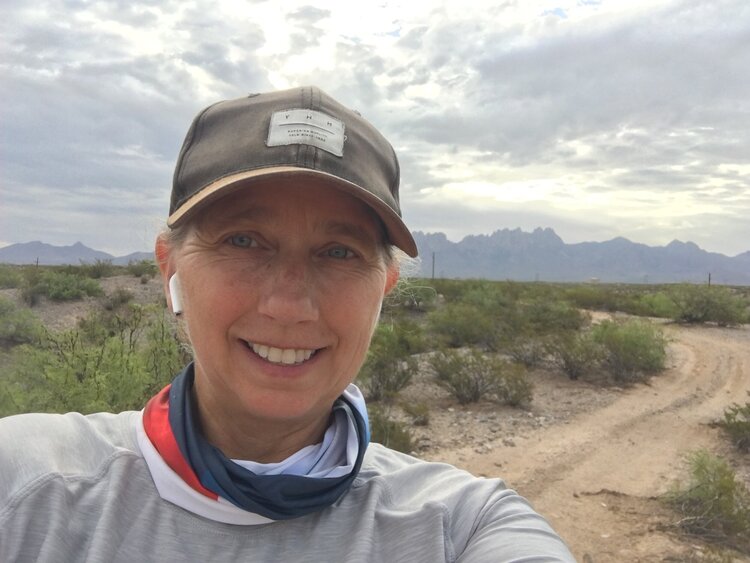Two men in suits stand engrossed in conversation. They immediately turn to me and, switching from Dutch to English, offer welcoming handshakes as I cross the threshold of the room. The meeting is scheduled to begin in fifteen minutes and the table is prepared with coffee and tea and seats for ten people. My greeters are the host of this event and the country-head of Eco-Schools.
The others trickle in and we gather cozily around the table that fills the small room. Seven people represent three schools that are already accredited with Eco-Schools, and are proud displayers of the Eco-Schools Green Flag. Another woman, like me, is from a school that is in the initial phase of accreditation. She and I are here to gain as much information as possible about the accreditation process as well as ideas for a successful Green Program at our schools.
My jaw nearly drops to the table when a parent representative describes their six eco-groups in the secondary school, totalling 70 students. The elementary school boasts another 130 participants in grades 2-5. Others around the table are impressed and the representatives kindly remind us that they’ve been doing this for six years. Furthermore, their student numbers are about five times ours. They share amazing ideas and projects that are taking place at their school.
What is the secret? “Green is fun…” the parent explains, “It’s cool. It’s popular.”
It was a bit daunting to see the work the other schools had completed, but it was also inspiring. As they questioned me about the work our small green team has completed, they were very complimentary, and even impressed, reminding me that it isn’t about he numbers, it’s about the mindset and the process.
Our little group started out with four student-members and two teachers last year. Now we claim twelve active student-participants, a strong parent contributor, and five teacher supporters. Our projects include but are not limited to
- A garbage audit that resulted in several proposals to reduce waste at the school which we are in the process of implementing. Mug racks for the teacher’s lounge have been completed and will be installed soon in order to reduce plastic cup waste at the school. Money has been raised to purchase water bottles for all students and eliminate plastic bottles and disposable drink containers. Our goal this year is to add plastic recycling, in addition to the paper recycling, bins in all the rooms at the school.
- A goal to separate all the cafeteria waste so that the food can be hauled off separately for recycling in addition to all paper and plastic. This should drastically reduces our trash waste.
- Lights Off Fridays and Warm Sweater Days increase awareness and also lower the school’s energy usage.
The students are ambitious and have a huge list of things they’d like to accomplish. From the eco-schools meeting I obtained a host of additional ideas for our group to consider. This Friday we will meet to decide exactly what we want to focus on for our short and long range goals this year and into the future.
Of a few things I am certain. One is that our initiative is important. We have an obligation to our Earth and future generations to protect the world we live in. There are people associated with our school (parents and/or other community members) that will be interested in joining our group and providing more ideas and manpower to help us progress forward, we just need to find them.
Our school will benefit from becoming an environmentally sustainable school. The benefits are likely to extend into areas of community image, appeal to knew families, energy savings, school unity, and general feeling at the school.
Being surrounded by teachers who share a passion for sustainability bolstered me up and strengthened me in the pursuit of building the Green Program at our school. Their programs have gained momentum and support over time, also having begun with the simple garbage audit a few years ago, like we did last year. I think our program is on the same path of growth.
We will collaborate together as regional eco-schools to have our students meet each other and join forces in sustainable efforts. I look forward to this association and to the support it will provide our program. After all, there is strength in numbers, right?
If you’re interested in more sustainable life, go for it! If you’re interested in helping your school or organization become more sustainable, go for it! It’s worth it, of that I am certain.
